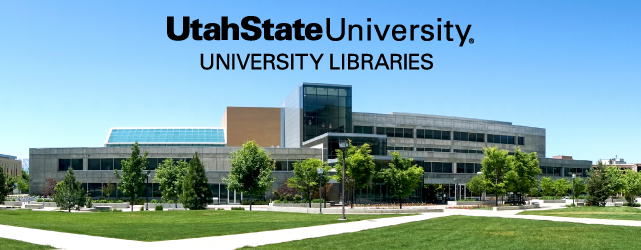Document Type
Conference Paper
Journal/Book Title/Conference
International Journal of Digital Curation
Volume
9
Issue
2
Publisher
University of Edinburgh * Digital Curation Centre
Location
San Francisco, CA
Publication Date
10-24-2014
First Page
98
Last Page
110
Creative Commons License

This work is licensed under a Creative Commons Attribution 4.0 License.
Abstract
This article reports on the transfer of a massive scientific dataset from a national laboratory to a university library, and from one kind of workforce to another. We use the transfer of the Sloan Digital Sky Survey (SDSS) archive to examine the emergence of a new workforce for scientific research data management. Many individuals with diverse educational backgrounds and domain experience are involved in SDSS data management: domain scientists, computer scientists, software and systems engineers, programmers, and librarians. These types of positions have been described using terms such as research technologist, data scientist, e-science professional, data curator, and more. The findings reported here are based on semi-structured interviews, ethnographic participant observation, and archival studies from 2011-2013. The library staff conducting the data storage and archiving of the SDSS archive faced two performance problems. The preservation specialist and the system administrator worked together closely to discover and implement solutions to the slow data transfer and verification processes. The team overcame these slow-downs by problem solving, working in a team, and writing code. The library team lacked the astronomy domain knowledge necessary to meet some of their preservation and curation goals. The case study reveals the variety of expertise, experience, and individuals essential to the SDSS data management process. A variety of backgrounds and educational histories emerge in the data managers studied. Teamwork is necessary to bring disparate expertise together, especially between those with technical and domain education. The findings have implications for data management education, policy and relevant stakeholders. This article is part of continuing research on Knowledge Infrastructures.
Recommended Citation
Sands, A., Borgman, C. L., Wynholds, L., & Traweek, S. (2014). “We’re Working on It:” Transferring the Sloan Digital Sky Survey from Laboratory to Library. 10th International Digital Curation Conference, San Francisco, CA, USA.




